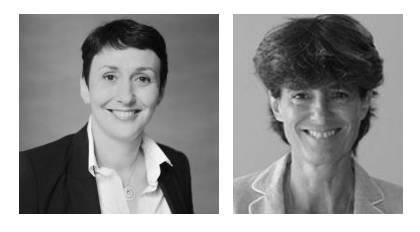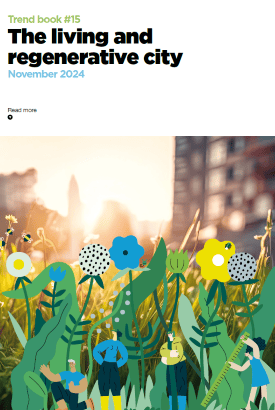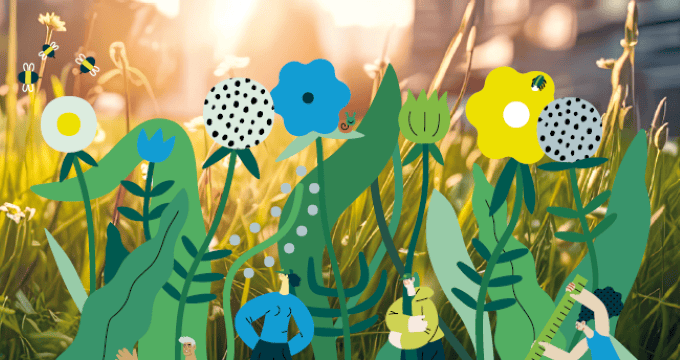
Partnership with WWF France: the collaboration continues!
4 minutes of reading
On the occasion of the renewal of the partnership for the period 2017-2020, read the interview between Marie-Luce Godinot, Director of Innovation and Sustainable Development at Bouygues Construction, and Marie Christine Korniloff, Deputy Director for Economic Affairs at WWF France.
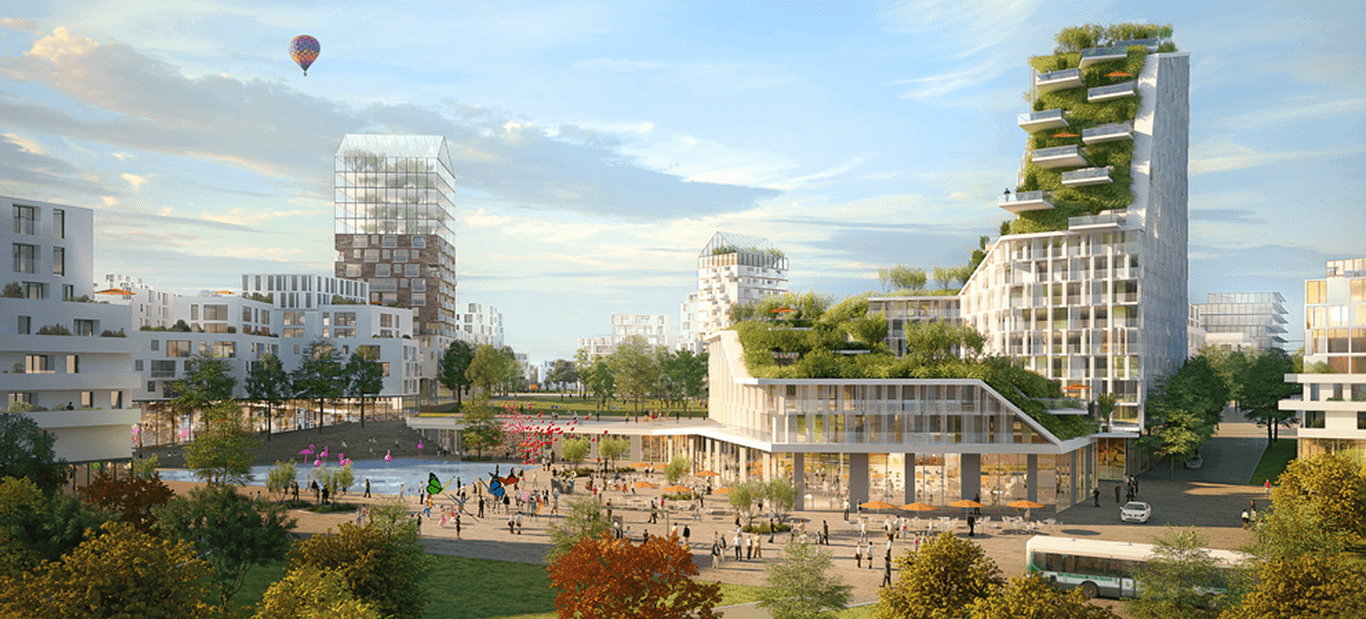
The partnership between Bouygues Construction and WWF France has just been renewed. Can we consider that the first was successful? Can you explain once again the scope of work between 2014 and 2017?
Marie-Luce Godinot: For Bouygues Construction, which is a responsible and committed company, this partnership with WWF France is charged with meaning. It is fully in line with the Group’s sustainable development strategy. Furthermore, two of this policy’s areas of commitment are at the heart of this partnership, namely the improvement of more responsible timber procurement and our reflection on the development of sustainable urban projects at the neighbourhood level in France. An approach was initiated to promote best practices for sustainable cities, and concrete actions, which we are eager to pursue, were launched. On these two areas of cooperation, several actions were undertaken: – We notably worked with WWF France on sustainable neighbourhood projects during the marketing, execution and operation phases. This made it possible to raise the level of environmental ambition of projects through the WWF’s recommendations, to promote the innovative solutions developed by Bouygues Construction, to raise employee awareness of various aspects of the sustainable city and, at the same time, to contribute to efforts aimed at collaboration. – The second was illustrated by the timber procurement policy, which includes three dimensions:- Mapping of our timber procurement and risk analysis;
- Support in the structuring of a timber strategy;
- Training, consultation procedures and operations to raise employee awareness.
Why continue with the Bouygues Construction partnership?
MCK: We wished to continue this partnership for the next three years in order to work directly on the value chain: to move from example demonstrators to generalisation across all projects, for example. Through Bouygues Construction’s developments, WWF France wants to reach its suppliers, its customers, the users of future neighbourhoods, and also its competitors… and to increase its visibility, so as to have an impact on the entire construction sector.It was therefore essential for us to establish the partnership on a long-term basis, in order to scale up. We are proud to continue the work in progress with the teams at Bouygues Construction!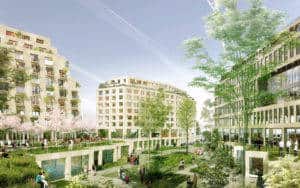
Triangle Eole Evangile Paris
Can you describe the upcoming actions/missions for the next three years?
MLG: To continue our efforts! Since the two main areas of collaboration described above are developed over time, it is important for Bouygues Construction to continue to work on these missions. This includes the deployment of the sketch tool incorporating the WWF’s principles of sustainability, and the consideration of new themes around the circular economy, mobility, resilience to climate change and responsible digital technology in our reflection. The goals we have set ourselves also include raising the awareness of both our employees and our stakeholders (our suppliers and subcontractors) with respect to the stakes and the development of our timber policy. These goals are incorporated into our day-to-day sustainable development strategy and more specifically into our operational processes, our actions and our offers. MCK: Our priority is to enable as many neighbourhood projects as possible to lead by example. Of course, our role will be to encourage this change but also to facilitate it by providing support and tools suited to operational needs. With respect to timber, the goal is to prevent the purchase of high-risk timber for the Group, and to reduce its footprint on the world’s forests. In the coming weeks, we will visit certain sites with the dedicated Bouygues Construction team, in order to specifically identify the risks, blockages and corrective actions to be implemented with the teams, in order for all this to fit into existing practices as smoothly as possible.More reading
Read also

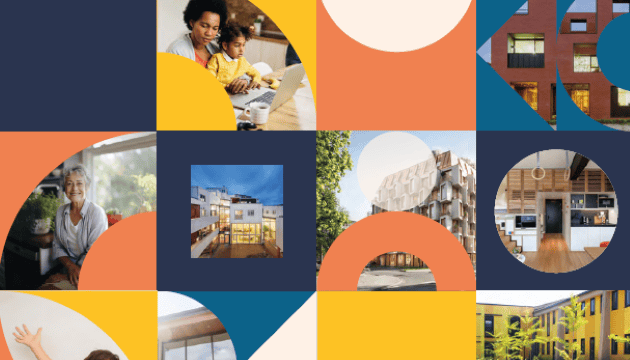
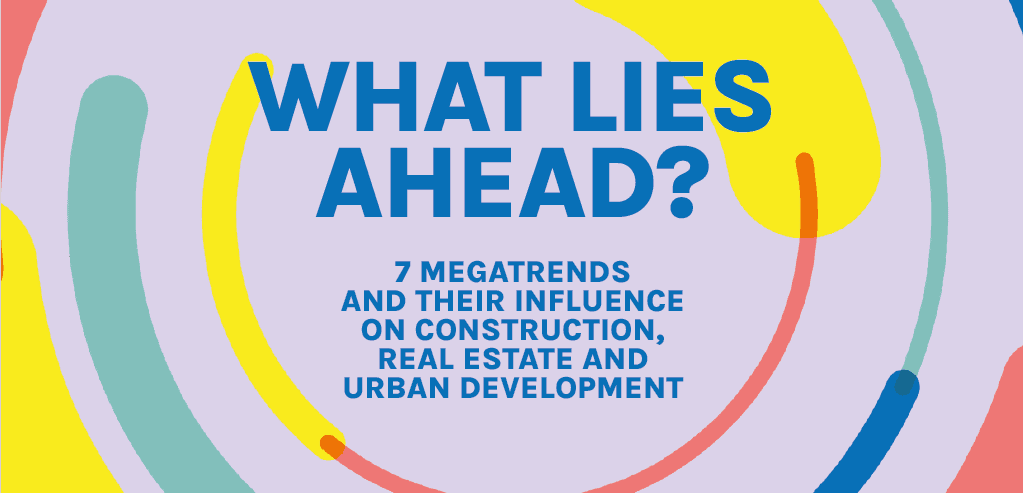
What lies ahead? 7 megatrends and their influence on construction, real estate and urban development
Article
20 minutes of reading
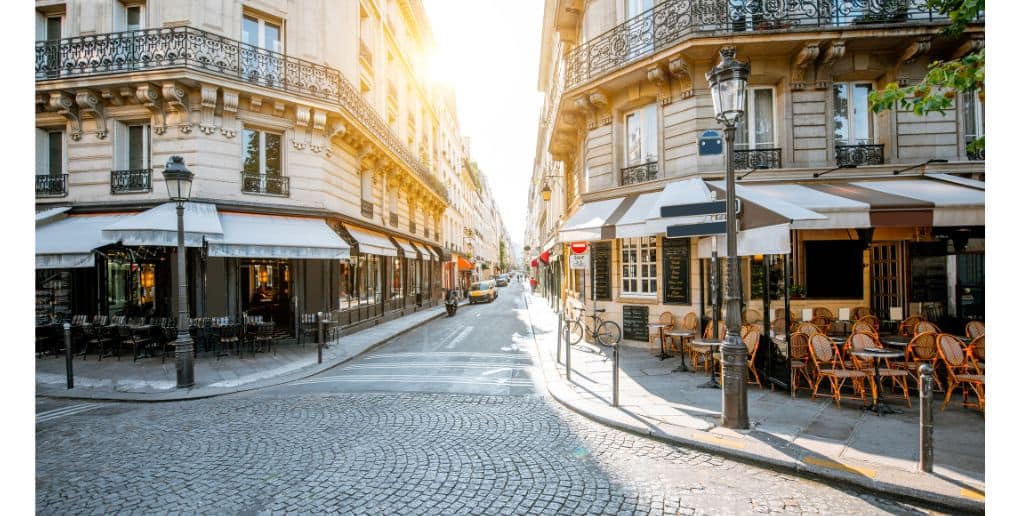
Energy
in partnership with


‘Paris at 50°C’: a fact-finding mission to prepare Paris for future heatwaves
Article
2 minutes of reading

